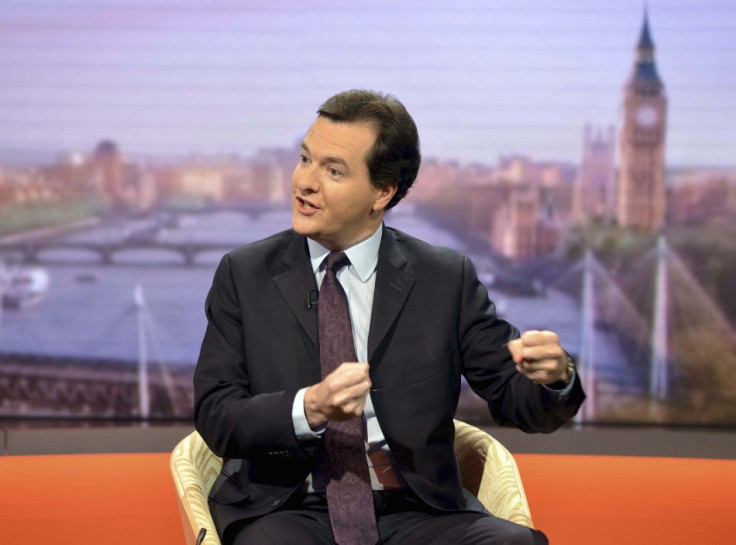Fitch Warns on Britain's Triple-A Debt Rating as Deficit, Debt Rises

Fitch has kept its top debt rating for the United Kingdom but warned that rising budget deficits and the ongoing financial crisis in Europe could threaten the coveted Triple-A assessment.
Fitch Ratings kept its negative outlook, which it first announced in March, tagged to the triple-A grade and expects it to remain in place until at least 2014. The ratings firm said late Friday it wants to monitor overall economic growth and the changing nature of the UK's public finances until it makes a final decision on the rating.
"(Fitch) believes the UK's high-income, flexible and diversified economy, robust institutions, and high degree of political and social stability support the 'AAA' rating," the group said in a statement Monday. However, "with a structural budget deficit second in size within the 'AAA' category only to the United States and general government gross debt approaching 100 percent of GDP in 2015-2016 ... the likelihood of a downgrade has therefore increased."
Economic growth in the three months ending in June was measured to have contracted by 0.4 percent, a figure nearly that was nearly half the first estimate of a 0.7 percent fall but still one the represents the third consecutive quarter that Britain has failed to generate economic growth.
Manufacturing output for the month of September fell again, according to a private survey of purchasing managers complied by data provider Markit and the Chartered Institute of Purchasing Managers. The so-called PMI fell to 48.3 from 49.6 in August, Markit/CIPS said Monday, the fifth consecutive monthly decline. Figures below 50 normally indicate economic contraction.
Fitch sees the current recession extending to a 0.3 percent contraction for the full calendar year, a sharp contrast to its prediction of a 0.8 percent growth in March.
"The weaker than anticipated economy is reflected in lower corporate tax returns and higher public sector net borrowing, which in the five months to August was GBP59bn compared to GBP48.4bn over the same period in 2011," Fitch stated.
Fitch expects gross government debt will hit 97 percent of GDP by the 2015/20i6 fiscal year before beginning to decline. The projection extends the government's pledge of debt reduction by at least a year.
"Fitch's projections assume that the commitment by the Chancellor in last year's Autumn Statement of an additional GBP8bn and GBP15bn of deficit-reduction measures in 2015-16 and 2016-17 respectively will be implemented, though they fall outside the term of the current government and have yet to be specified," the ratings group said. "It is also assumed that the government implements its consolidation programme as laid out in the 2012 Budget. Fitch's projections are consistent with the government continuing to target a cyclically adjusted current balance by the end of the rolling, five-year forecast period."
Last week the Office for National Statistics said the UK's public sector borrowing had risen to £14.4bn in August, a record high that took the nation's deficit for the same month to around £13.3bn.
Benchmark 10 year Gilts traded around 1 basis point higher Monday, to 1.745 percent, in the first full day of dealing after report was published. UK government bonds, known as Gilts, have been one of the best performing government bonds in Europe this year despite the debate over Britain's finances and the depth of the worst double-dip recession in at least 70 years.
Ten year borrowing costs have fallen from around 3 percent in January to a record low 1.41 percent in July. A significant portion of this advance, however, can be linked to the Bank of England's £375bn programme of bond purchases, known as quantitative easing. Some estimates suggest the BoE holds between 25 percent and 30 percent of outstanding Gilt stock as a result of its purchases.
© Copyright IBTimes 2025. All rights reserved.





















